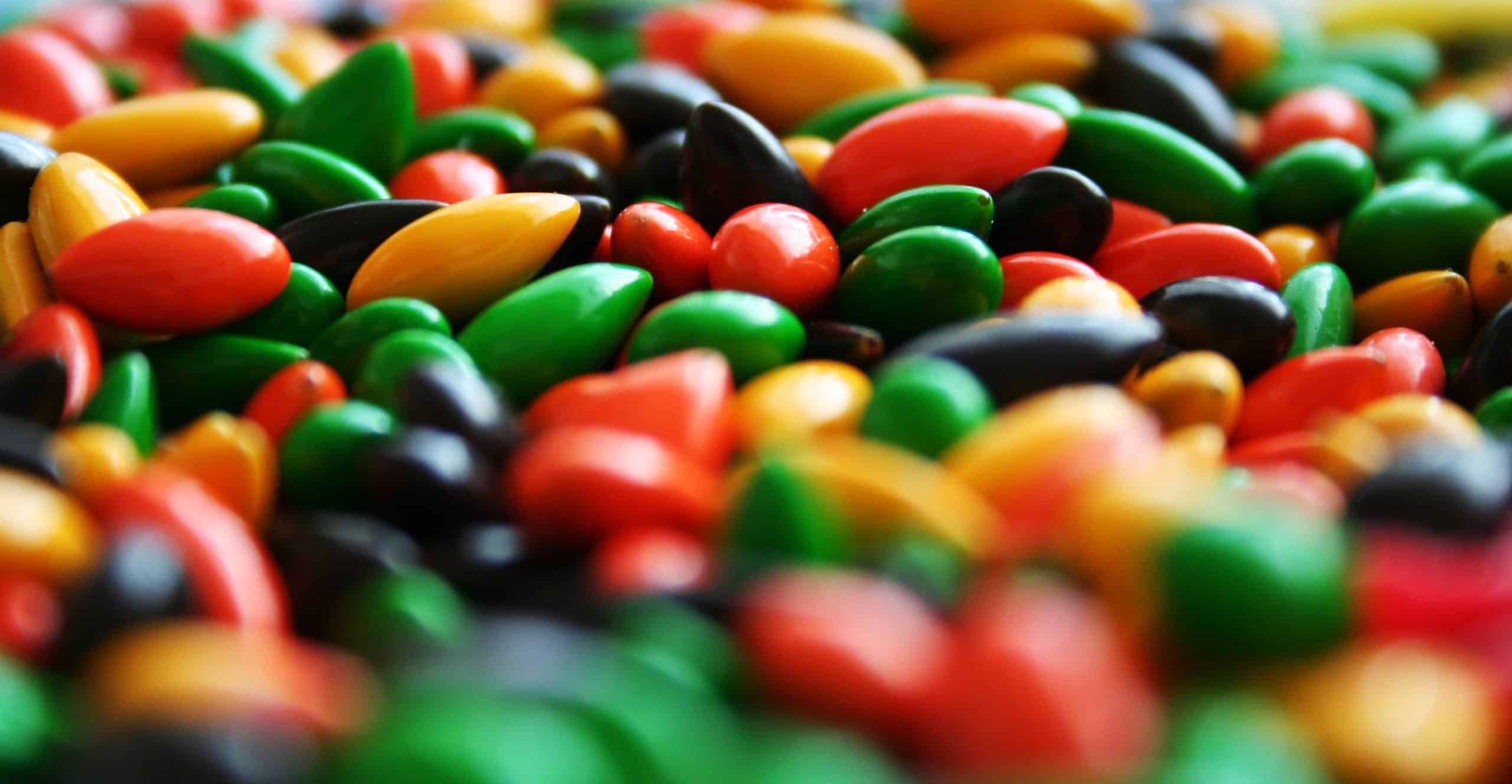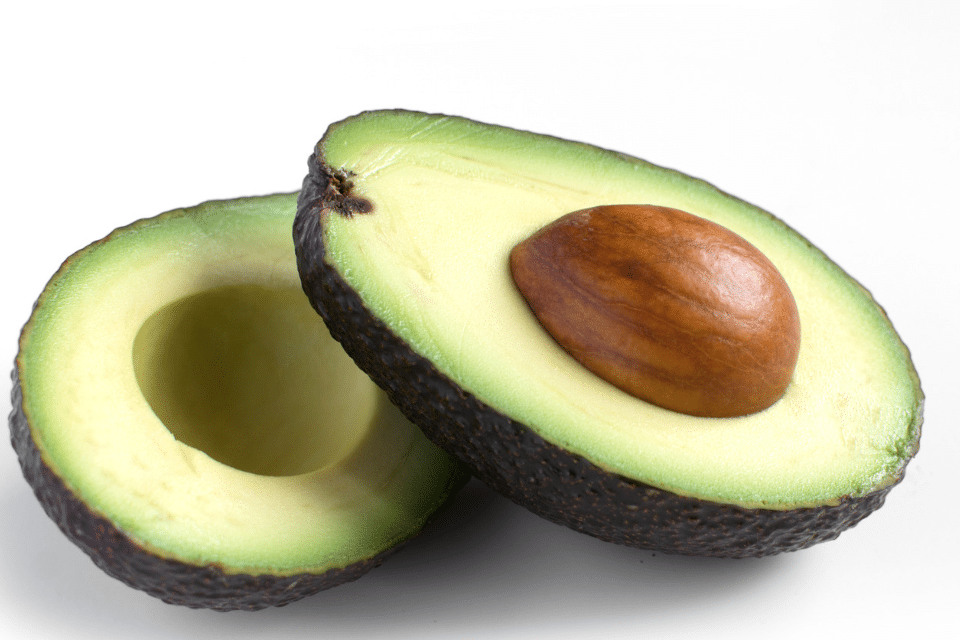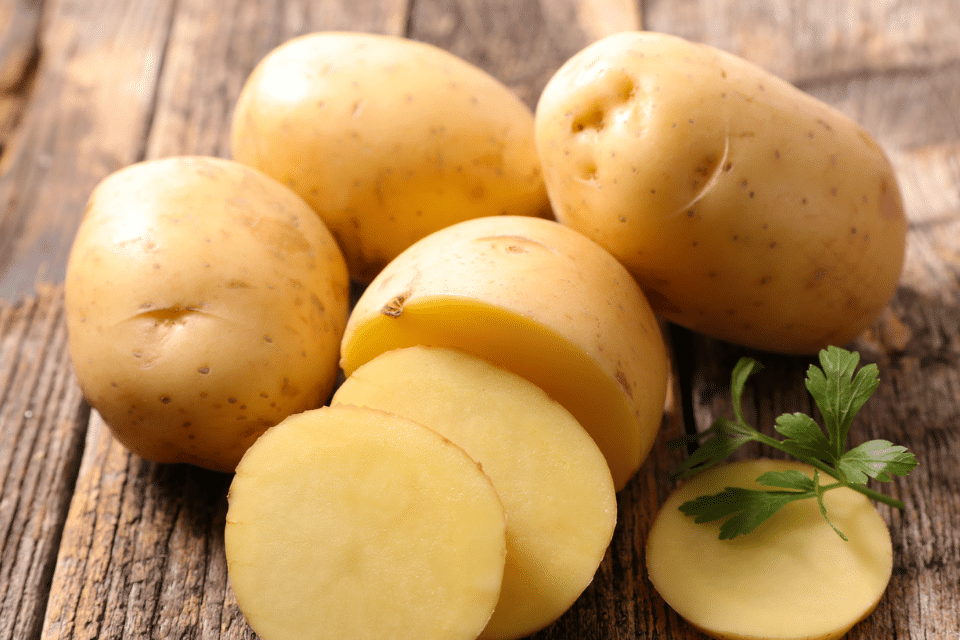
As dog owners, we all want the best for our furry friends, but sometimes it can be difficult to know what’s safe for them to eat. Many common human foods and plants can be toxic to dogs, leading to serious health problems or even death. To help you keep your dog safe, we’ve compiled a list of the top 25 toxic foods and plants, along with an explanation of why they’re dangerous for dogs. Keep in mind that not all dogs will react the same way to every substance, but it’s important to be cautious and avoid giving them these potentially harmful items.
- Chocolate:
Chocolate contains theobromine, a compound that is toxic to dogs. Theobromine can cause vomiting, diarrhea, rapid breathing, increased heart rate, seizures, and even death in dogs. Dark chocolate contains higher levels of theobromine than milk chocolate, making it especially dangerous.
- Grapes and Raisins:
Grapes and raisins can cause acute kidney failure in dogs. The exact toxin responsible is still unknown, but even small amounts can be harmful. Symptoms include vomiting, diarrhea, abdominal pain, and lethargy.
- Onions and Garlic:
Onions, garlic, and other members of the Allium family contain compounds called thiosulfates, which can damage a dog’s red blood cells, leading to anemia. Symptoms include weakness, pale gums, rapid breathing, and a lack of appetite.

- Avocado:
The persin found in avocados can cause vomiting and diarrhea in dogs. Additionally, the large pit can pose a choking hazard or cause a blockage in the gastrointestinal tract.
- Alcohol:
Alcohol is toxic to dogs, as their bodies cannot metabolize it efficiently. It can cause vomiting, diarrhea, decreased coordination, difficulty breathing, tremors, seizures, and even death.
- Coffee and Caffeine:
Caffeine is toxic to dogs and can cause symptoms similar to those of chocolate poisoning, such as vomiting, diarrhea, rapid breathing, increased heart rate, and seizures.
- Xylitol:
Xylitol, a sugar substitute found in many sugar-free products, can cause a rapid release of insulin in dogs, leading to hypoglycemia (low blood sugar). Symptoms include vomiting, loss of coordination, seizures, and liver failure.
- Macadamia Nuts:
Macadamia nuts can cause weakness, vomiting, tremors, and hyperthermia in dogs. The exact toxin responsible is unknown, but it’s best to avoid giving them to your dog.
- Yeast Dough:
Uncooked yeast dough can expand in a dog’s stomach, causing bloating, discomfort, and potentially life-threatening twisting of the stomach (gastric torsion). The fermentation process can also produce alcohol, leading to alcohol poisoning.

- Apple Seeds:
Apple seeds contain cyanide, a toxic compound that can cause difficulty breathing, seizures, and even death in dogs. While a few seeds may not cause harm, it’s best to avoid giving your dog apples with seeds.
- Peach and Plum Pits:
The pits of peaches and plums contain cyanide, which can be toxic to dogs. Additionally, the pits can pose a choking hazard or cause blockages in the gastrointestinal tract.
- Rhubarb:
Rhubarb contains oxalic acid, which can cause kidney failure, tremors, and salivation in dogs.
- Cherry Pits:
Like apple seeds, peach, and plum pits, cherry pits also contain cyanide, which is toxic to dogs. The pits can also cause choking or blockages in the gastrointestinal tract.
- Hops:
Hops, a key ingredient in beer production, contain compounds that are toxic to dogs. Ingestion can lead to malignant hyperthermia, an extremely dangerous condition characterized by a rapid increase in body temperature, rapid heart rate, vomiting, and seizures.
- Tomatoes:
Tomatoes, particularly the green parts (leaves, stems, and unripe fruit), contain solanine, a toxic compound for dogs. Solanine can cause vomiting, diarrhea, weakness, and confusion.

- Potatoes:
Like tomatoes, green parts of potatoes and uncooked potatoes contain solanine, which is toxic to dogs. Cooking potatoes will neutralize the solanine, making them safe for consumption.
- Nutmeg:
Nutmeg contains a compound called myristicin, which can cause hallucinations, disorientation, increased heart rate, and seizures in dogs. Avoid giving your dog foods containing nutmeg.
- Apricot Pits:
Apricot pits, like other stone fruit pits, contain cyanide, which is toxic to dogs. They can also pose a choking hazard or cause blockages in the gastrointestinal tract.
- Raw Salmon:
Raw salmon can contain a parasite called Neorickettsia helminthoeca, which can cause a potentially fatal disease called salmon poisoning in dogs. Cooked salmon, however, is safe for dogs to eat.
- Sago Palm:
All parts of the sago palm are toxic to dogs, with the seeds being the most dangerous. Ingestion can cause vomiting, diarrhea, liver failure, seizures, and even death.
- Azaleas:
Azaleas contain grayanotoxins, which can cause vomiting, drooling, diarrhea, weakness, and even death in dogs.
- Oleander:
Oleander is a highly toxic plant that contains compounds called cardiac glycosides, which can cause vomiting, diarrhea, abnormal heart function, seizures, and death in dogs.

- Lily of the Valley:
Lily of the Valley contains cardiac glycosides, similar to Oleander, and is highly toxic to dogs. Ingestion can lead to vomiting, diarrhea, abnormal heart function, seizures, and death.
- Autumn Crocus:
Autumn crocus contains colchicine, a toxic compound that can cause severe vomiting, diarrhea, abdominal pain, kidney and liver damage, respiratory failure, and even death in dogs.
- Castor Bean:
Castor beans contain ricin, a highly toxic compound that can cause severe vomiting, diarrhea, dehydration, seizures, organ failure, and death in dogs.
Conclusion:
As a responsible dog owner, it’s essential to be aware of the foods and plants that are toxic to your furry friend. Keep these items out of your dog’s reach, and always consult with your veterinarian if you suspect that your dog has ingested something toxic. Remember, prevention is the best medicine, and by staying informed, you can help keep your dog safe and healthy.





